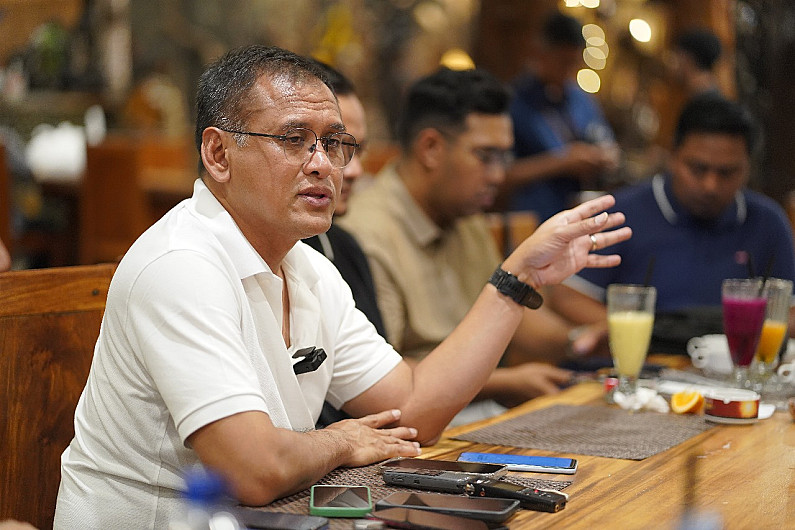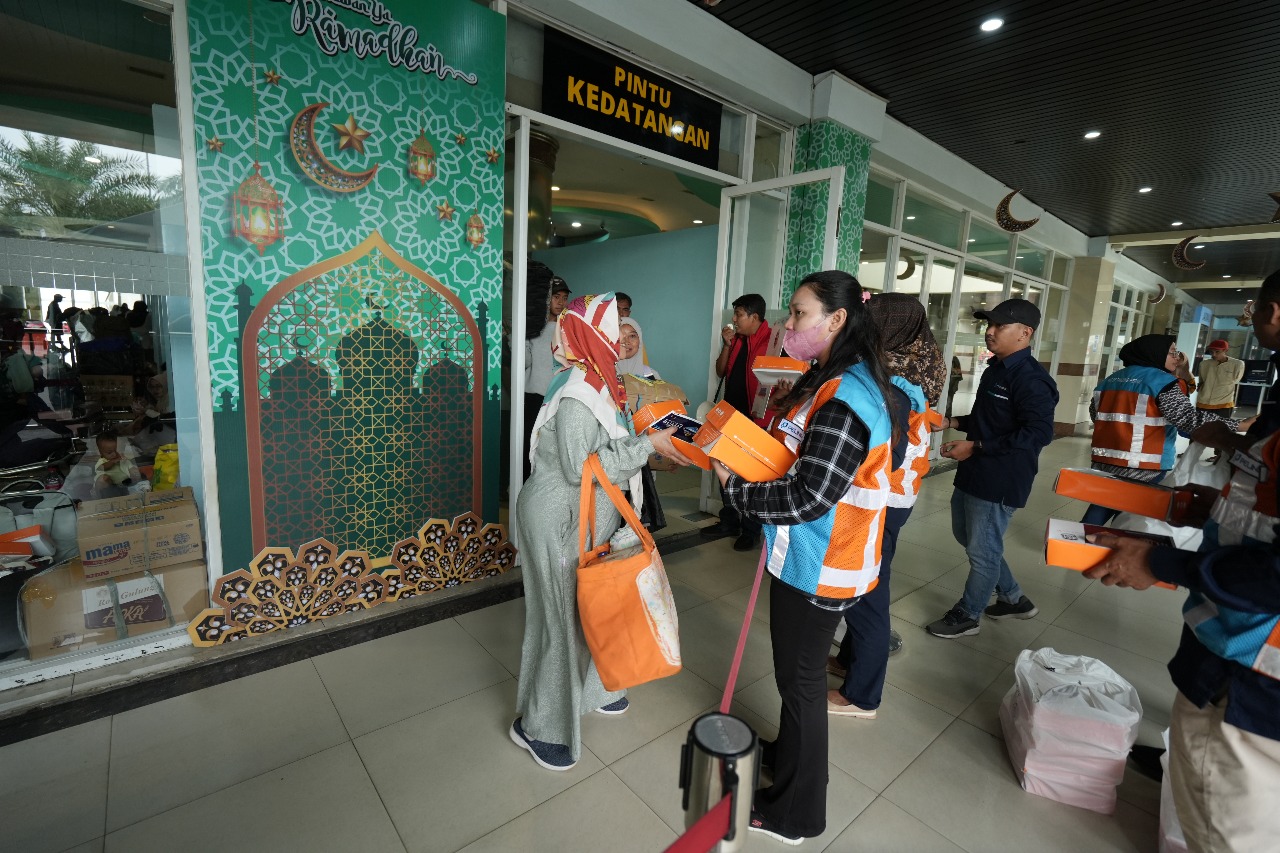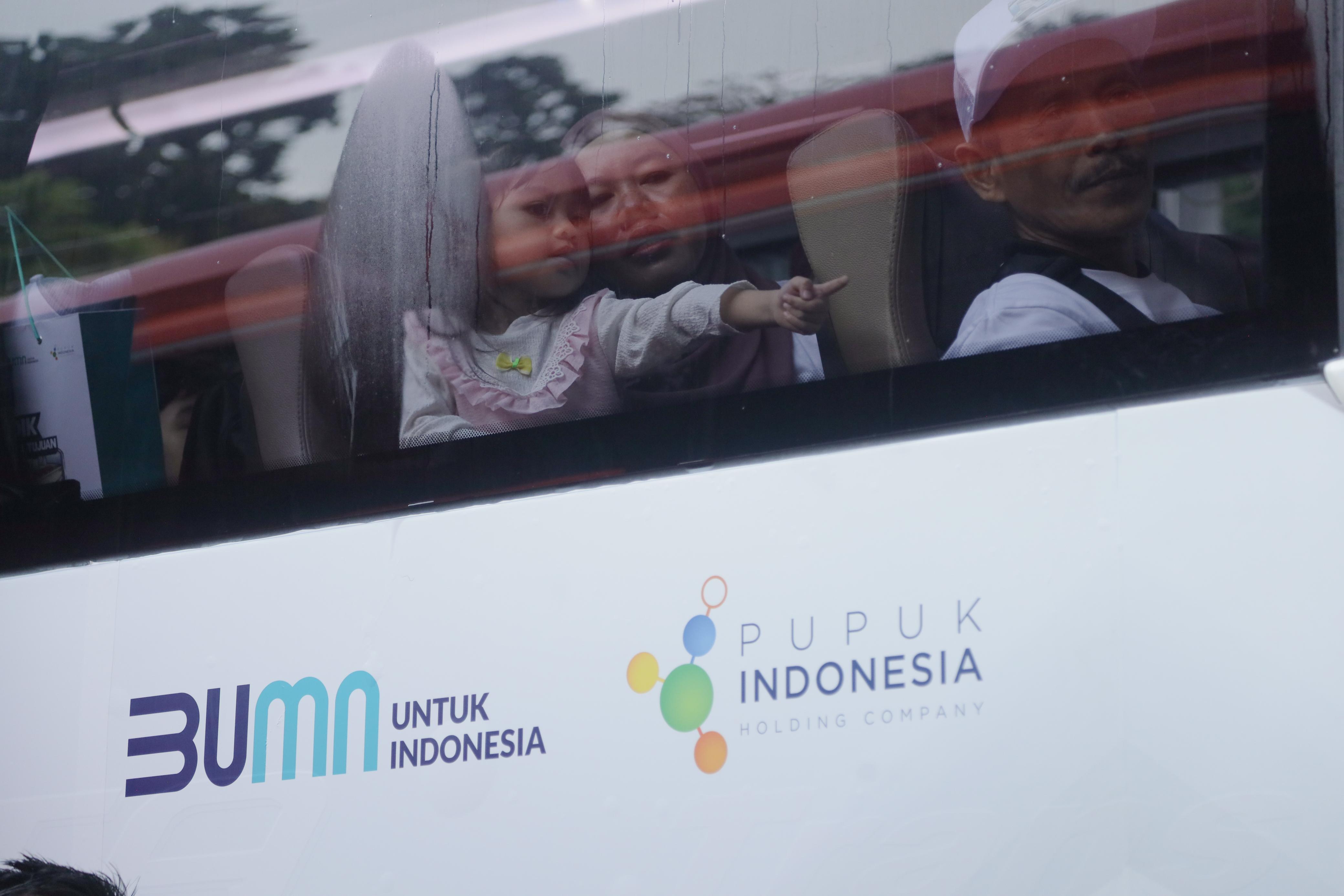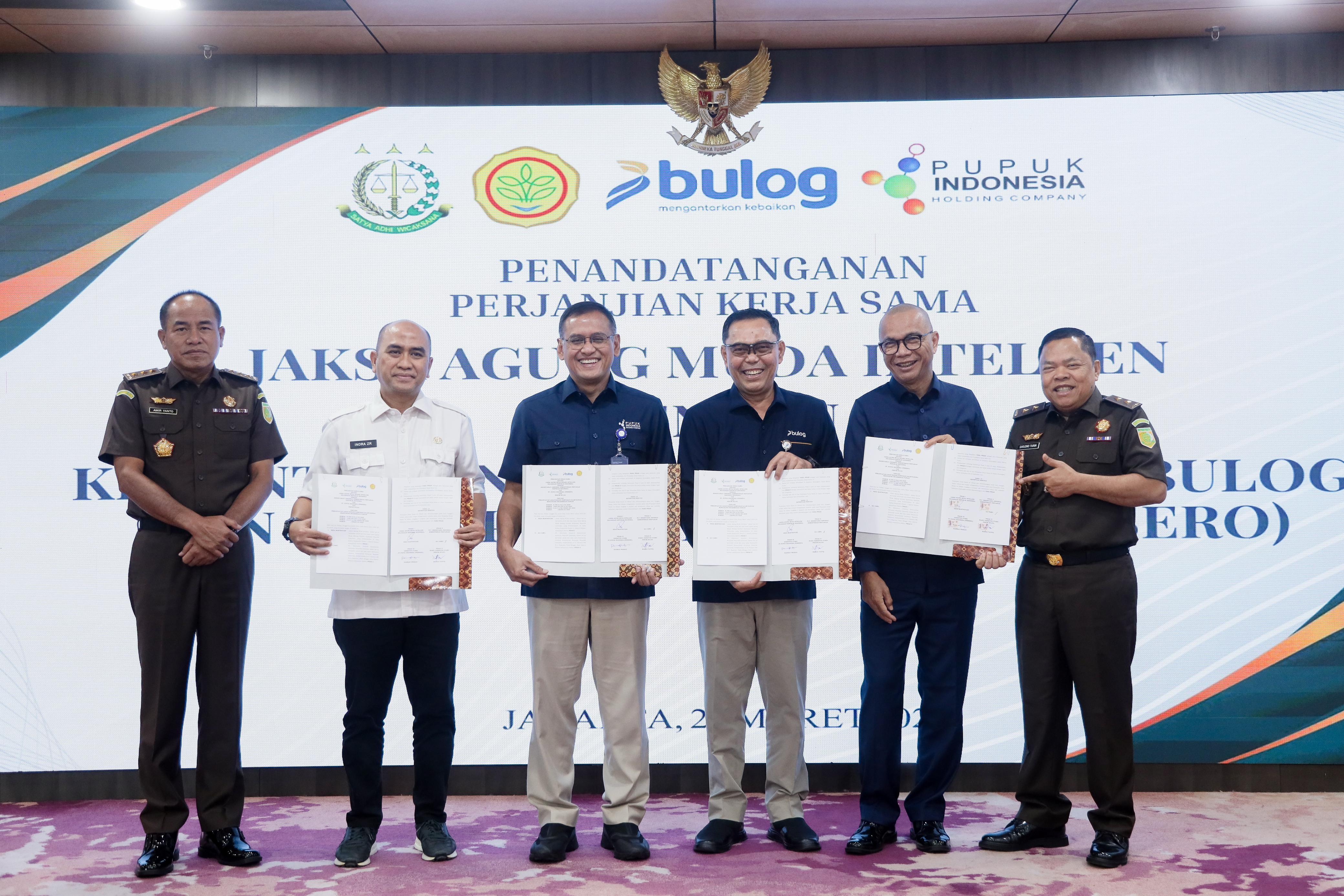Pupuk Indonesia Ensures Availability and Smooth Distribution of Fertilizer for Papua Farmers

Papua, July 27, 2024 – PT Pupuk Indonesia (Persero), a state-owned enterprise tasked by the government to support national food security, remains committed to ensuring the availability of fertilizer for farmers. As part of this commitment, Pupuk Indonesia conducted a working visit to Papua from July 23-26, 2024. This initiative is part of Pupuk Indonesia's efforts to ensure agricultural productivity in eastern Indonesia continues to thrive.
Rahmad Pribadi, President Director of Pupuk Indonesia, stated, "We visited Papua to ensure the availability and accessibility of fertilizer for farmers. By being present on the ground, we not only find solutions to existing challenges but also explore regional potentials that can support agriculture and national food security."
With the government increasing the allocation of subsidized fertilizer to 9.55 million tons this year, Pupuk Indonesia strengthens its commitment to maintaining fertilizer availability for farmers. Despite the ongoing administrative process for the budget increase, Pupuk Indonesia remains committed to distributing subsidized fertilizer and supporting national farmers during the planting season, including those in Papua.
As of July 25, 2024, Pupuk Indonesia has nationally distributed 3,720,435 tons of subsidized fertilizer. This total includes 2,032,055 tons of Urea, 1,670,765 tons of NPK 15 10 12, and 17,614 tons of Special Formula NPK. In Papua, 9,069 tons have been distributed out of a total allocation of 34,009 tons. The distribution includes 5,841 tons of Urea and 8,902 tons of NPK Phonska. Additionally, there are 5,089 million tons of Urea and NPK subsidized fertilizer stock ready for distribution in the region.
The agricultural sector in Papua has unique potential. Key agricultural products from this region include cassava and sweet potatoes, corn, peanuts, soybeans, rice, and various fruits and vegetables. These commodities not only support local food security but also have the potential to contribute to the local and national economy.
To support fertilizer distribution to farmers, especially in Papua, Pupuk Indonesia has provided comprehensive distribution facilities. These facilities include 8 Line III warehouses, 5 distributors, and 108 official kiosks. Additionally, Pupuk Indonesia has assigned 6 field officers responsible for technical coordination with various parties on the ground.
To further streamline distribution, Pupuk Indonesia, in collaboration with the Ministry of Agriculture (Kementan), has implemented the i-Pubers (Integrated Subsidized Fertilizer) application in over 26,000 kiosks or stores across Indonesia. This system allows farmers to redeem subsidized fertilizer easily using their National Identity Card (KTP).
Rahmad added that since the implementation of the digital supervision system through the command center, complaints about the misuse of subsidized fertilizer distribution have decreased. "To date, complaints about the misuse of subsidized fertilizer distribution have drastically reduced. During the digital transition, both kiosks and farmers are still adjusting to the new system, so most complaints are about unfamiliarity with the system. However, we aim to simplify the redemption process, and we believe digitalization is the answer."
Pupuk Indonesia continues to strive for sustainable agricultural independence through the "Let's Advance People's Business" (MAKMUR) program, which supports national agriculture and food security. From January to June 2024, the MAKMUR program has been implemented nationwide, achieving 295,904 hectares of land with 120,320 farmers participating. In 2023, the program covered 358,885 hectares with 107,642 farmers joining.
The MAKMUR program focuses on empowering farmers through intensive assistance, access to capital, agricultural risk protection, and market guarantees. Development plans include sustainable commodity cultivation and integrating the latest agricultural technology.
To better meet farmers' fertilizer needs, Pupuk Indonesia has undertaken various innovations and corporate actions. These include the inauguration of the NPK Pupuk Iskandar Muda (PIM) plant with a production capacity of 500,000 tons per year, the groundbreaking of the Pupuk Sriwidjaja (Pusri) 3B project to modernize the old fertilizer plant with the latest technology to increase production efficiency, and the development of the Fertilizer Industrial Zone in Fakfak with a Urea fertilizer production capacity of 1.15 million tons.
"Regarding the fertilizer plant construction in Fakfak, West Papua, we are technically preparing and completing all permits, especially the Environmental Impact Assessment (AMDAL). We hope construction can start in the first quarter of 2025. The presence of a fertilizer plant in Papua is crucial because the food security index in Papua is still lacking. Historically, where there is a fertilizer plant, food security in that area generally improves. If a food estate is developed in South Papua with millions of hectares of sugarcane and rice fields, the fertilizer plant in West Papua will be ready to support it. Thus, the agricultural ecosystem across Papua will be fulfilled. Agriculture will advance, and the fertilizer plant will be ready," Rahmad concluded.







